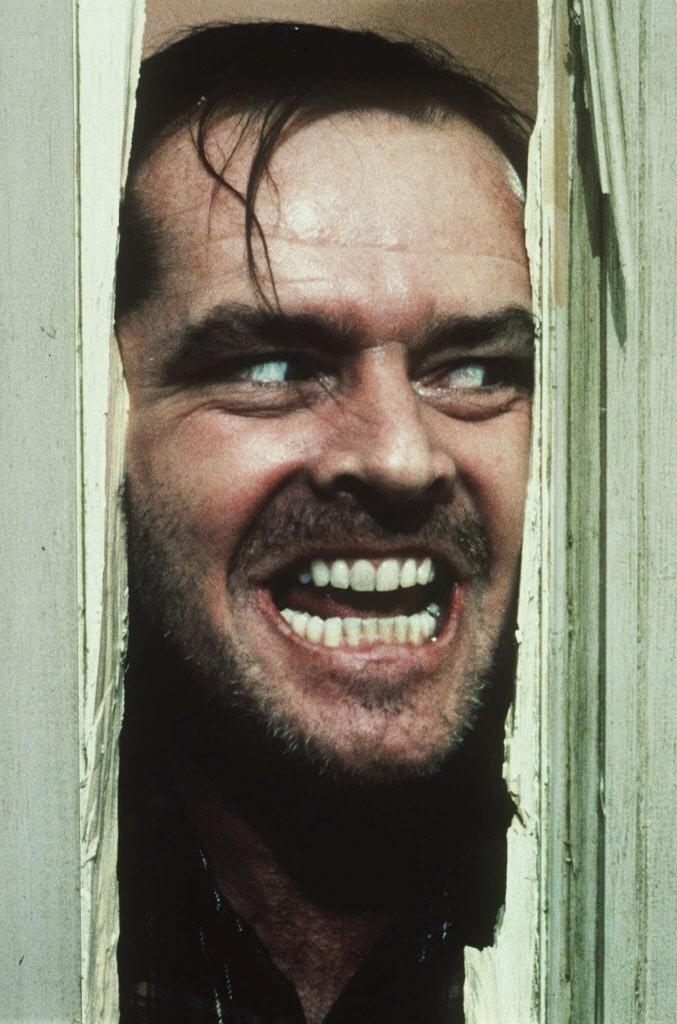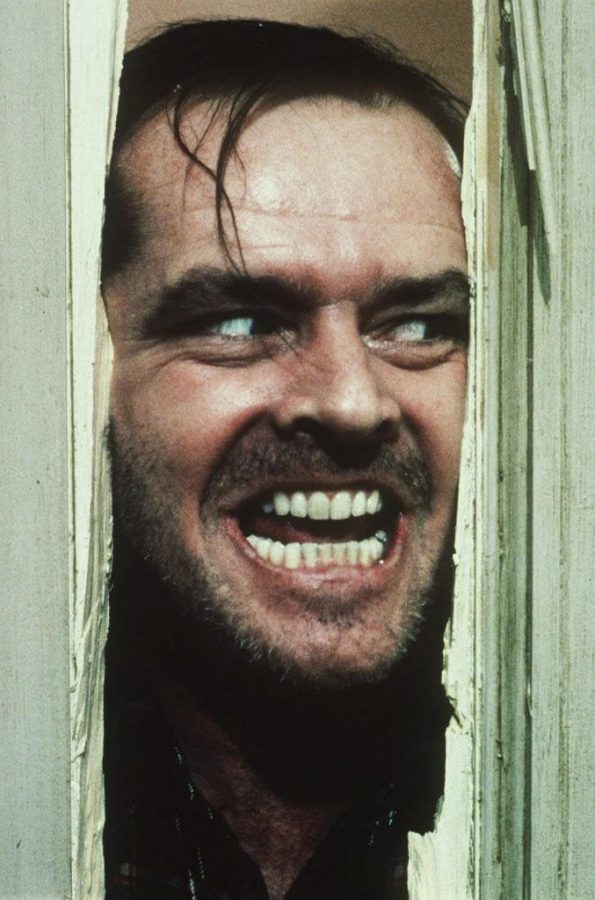
“The Shining” star Jack Nicholson plays as a father who is influenced into violence by an evil presence. (Courtesy of Warner Brothers)
Unlike feature films, a documentary’s ultimate quality is almost entirely based on the work done before and after the cameras roll.
No actor’s appeal or director’s dutch angles can make a documentary worth watching. For the project to be considered a success, the filmmakers must do their homework.
Lots of it, too.
If that’s the standard, consider the team behind “Room 237,” namely the film’s director, Rodney Ascher. Ascher’s in-depth look into conspiracy therories surrounding “The Shining” is one of the most inventive and entertaining works to hit the market this year.
The concept is actually quite simple: Ascher lets five die-hard “The Shining” conspirers explain their interpretation of Kubrick’s most famous film.
While a bulk of these theories are too out-there to even merit warrant, the film’s extreme fascination doesn’t root itself in its validity, instead in Ascher’s close concentration to the subjects. For Ascher, it’s the people behind the theories that matter, not the theories themselves.
Even though each of the film’s five subjects may not be featured on camera, Ascher manages to boil down their personality through careful editing of the presumably endless audio clips.
If Ascher had one great quality as a filmmaker is his ability to listen to his subjects with conscience and clarity.
For Stanley Kurbrick fans, “Room 237” is a gift.
While “The Shining” is ultimately the film’s greatest focus, hosts of other Kubrick works weave their way into Ascher’s project.
Ascher doesn’t limit himself either; he puts on a multi-media master class pulling evidence from the Web and beyond.
Ultimately, “Room 237” comes across as more fun than serious, and considering the film’s five subjects, this it to be expected.
What’s truly remarkable about the project is that it explores the medium’s most cherished aspect, the fact that anyone can get anything from a film. It’s that simple.
“Room 237” opens at the Angelika Dallas today.









